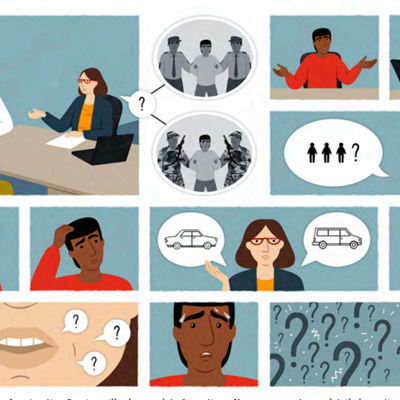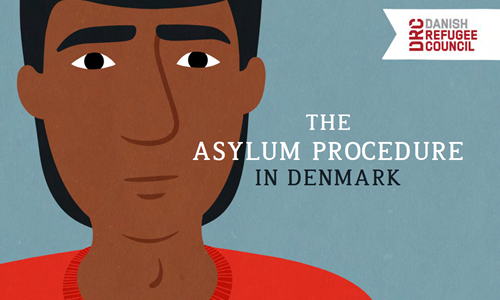The asylum interview with the Danish Immigration Service
The asylum interviews are an important part of how the authorities assess your asylum case. They can be long and intense, because you must talk about difficult things and answer many questions. Remember that you can always ask for a break if you need one.
You should prepare thoroughly before you go to an interview about your asylum case. It is good if you can remember the dates and the sequence of events that caused you to flee, and you can consider writing a timeline to help your memory. A timeline is just a note to yourself, listing the major events that caused you in the end to flee your country.
You must talk about all the problems you have had in your home country and about all your reasons for applying for asylum in Denmark.
As far as possible, tell the Danish Immigration Service about your problems in the order in which they occurred. Your explanation of why you fled and need protection should be as detailed, truthful, and coherent as possible.
Although it can be difficult to talk about the experiences you have been through and you might have little trust in authorities and police you met before coming to Denmark, it is important that you explain your whole story to the Danish Immigration Service.





